When choosing an asphalt mixer plant, there are several key factors to consider:
Production Capacity
Determine the required production capacity of the plant based on your project’s needs. Consider the volume of asphalt you need to produce per hour or per day.
Quality of Asphalt Mix
Look for a plant that can consistently produce high-quality asphalt mix that meets the required specifications. Consider the plant’s mixing technology, quality control measures, and adherence to industry standards.
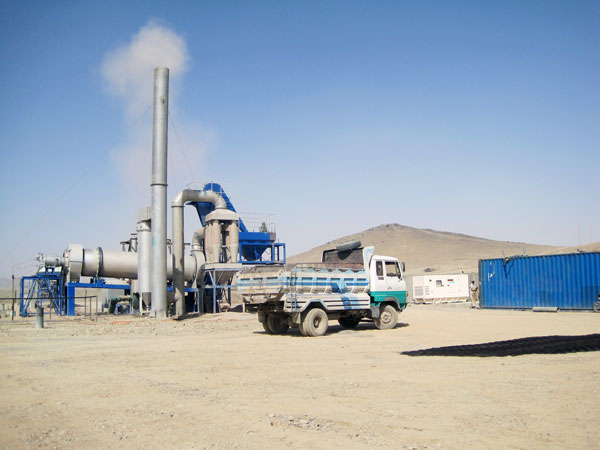
Mobility and Portability
If you anticipate moving the plant to different job sites, consider its mobility and portability features. Some plants are designed to be easily transported and set up in different locations.
Energy Efficiency
Choose a plant that incorporates energy-efficient components and technologies. This can help reduce operating costs and minimize environmental impact.
Maintenance and Serviceability
Assess the ease of maintenance and availability of spare parts for the plant. A reliable supplier with a good support system can ensure minimal downtime and efficient servicing.
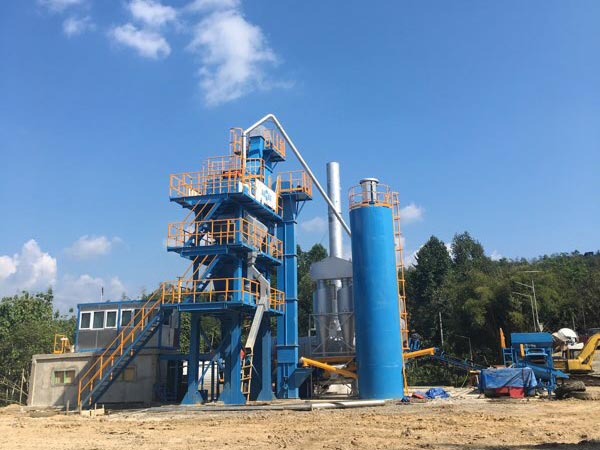
Cost-effectiveness
Consider the initial purchase cost, operational expenses, and overall lifecycle asphalt plant cost. Evaluate the long-term benefits and return on investment provided by the equipment.
Environmental Considerations
Look for an asphalt mixer plant that incorporates environmentally friendly features, such as dust collection systems, emission controls, and recycling capabilities. Compliance with local environmental regulations is important.
Safety Features
Ensure the plant has safety features and protocols in place to protect workers and minimize accidents. Consider features like emergency stop buttons, safety guards, and proper signage.
Compatibility with Additives and Recycled Materials
If you plan to use additives or recycled materials in your asphalt mix, verify that the plant can handle these materials effectively and efficiently.
Reputation and Support
Research the manufacturer’s reputation and track record in producing reliable asphalt plants. Check customer reviews and seek recommendations. Also, assess the availability of technical support and after-sales service.
11. Mixing Efficiency
Evaluate the plant’s mixing efficiency and uniformity of the asphalt mix. Look for features such as multiple paddles or arms in the mixer, efficient heating systems, and advanced control systems that optimize the mixing process.
12. Durability and Longevity
Assess the build quality and durability of the plant. Consider the materials used in its construction, corrosion protection measures, and overall design. A robust and long-lasting bitumen hot mix plant will provide reliable performance over time.
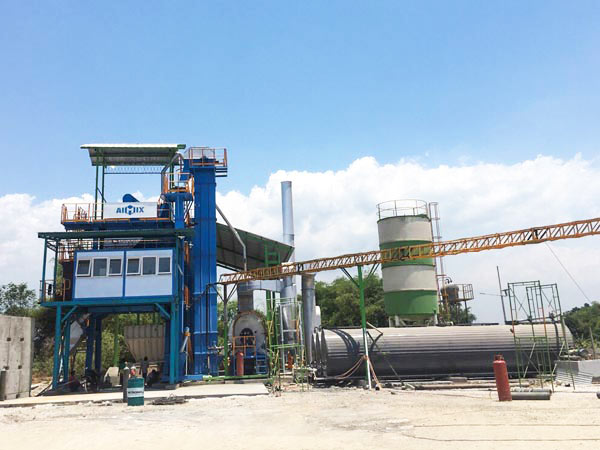
13. Flexibility and Versatility
Determine if the plant can handle different types of asphalt mixes, such as hot mix asphalt (HMA), warm mix asphalt (WMA), or cold mix asphalt (CMA). This flexibility allows you to adapt to various project requirements.
14. Automation and Control Systems
Look for plants equipped with advanced automation and control systems. These systems can enhance productivity, accuracy, and consistency in the production process, reducing human error and optimizing material usage.
15. Integration with Existing Infrastructure
If you already have existing equipment or infrastructure, ensure compatibility or assess the feasibility of integrating the new asphalt batch plant for sale into your operations smoothly.
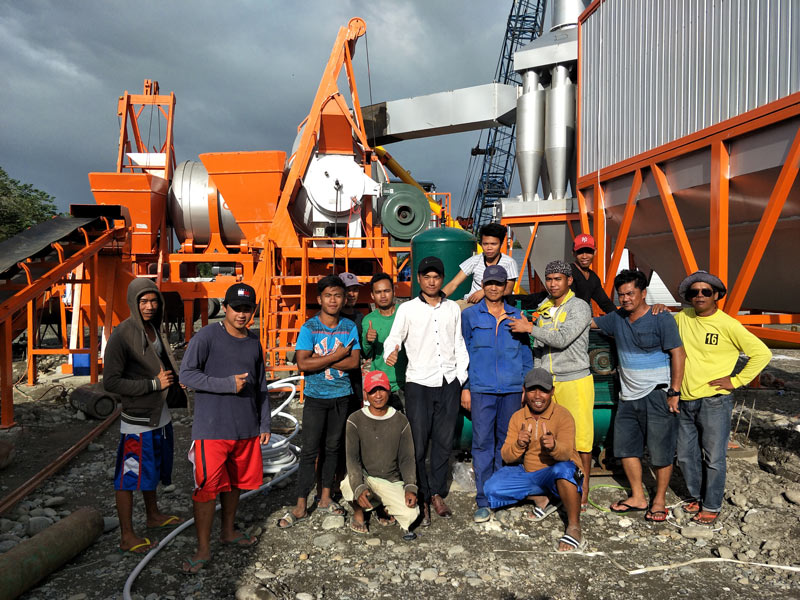
16. Noise Levels
Asphalt plants can generate significant noise during operation. Consider noise reduction features such as soundproof enclosures or mufflers to minimize the impact on the surrounding environment and nearby communities.
17. Compliance with Standards and Regulations
Verify that the plant meets all relevant industry standards and regulations, including safety, environmental, and occupational health regulations. This ensures legal compliance and minimizes potential risks.
18. Training and Support
Check if the manufacturer offers training programs for operating and maintaining the plant. Adequate training for your staff can maximize operational efficiency and prevent unnecessary downtime.
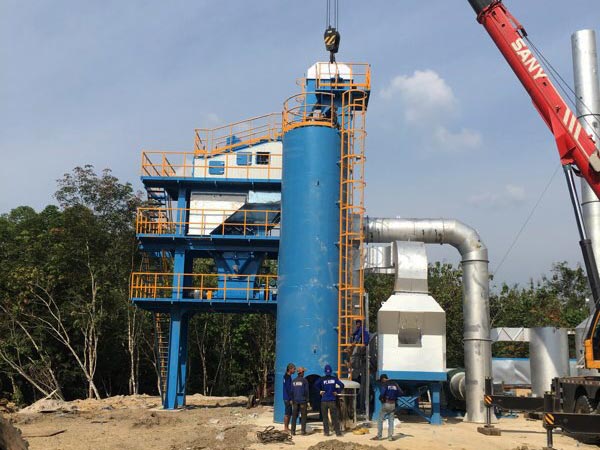
19. Future Expansion Capability
If you anticipate future growth or increased production demands, consider whether the asphalt mixer plant can be expanded or upgraded easily. This scalability can save you from having to invest in a new plant when your needs change.
20. Local Conditions and Climate
Take into account the local climate and environmental conditions when selecting an asphalt mixer plant. Consider factors such as extreme temperatures, humidity, wind, and altitude, as these can impact performance and maintenance requirements.
Remember to thoroughly assess each factor based on your specific project requirements and consult with industry experts or suppliers for guidance.